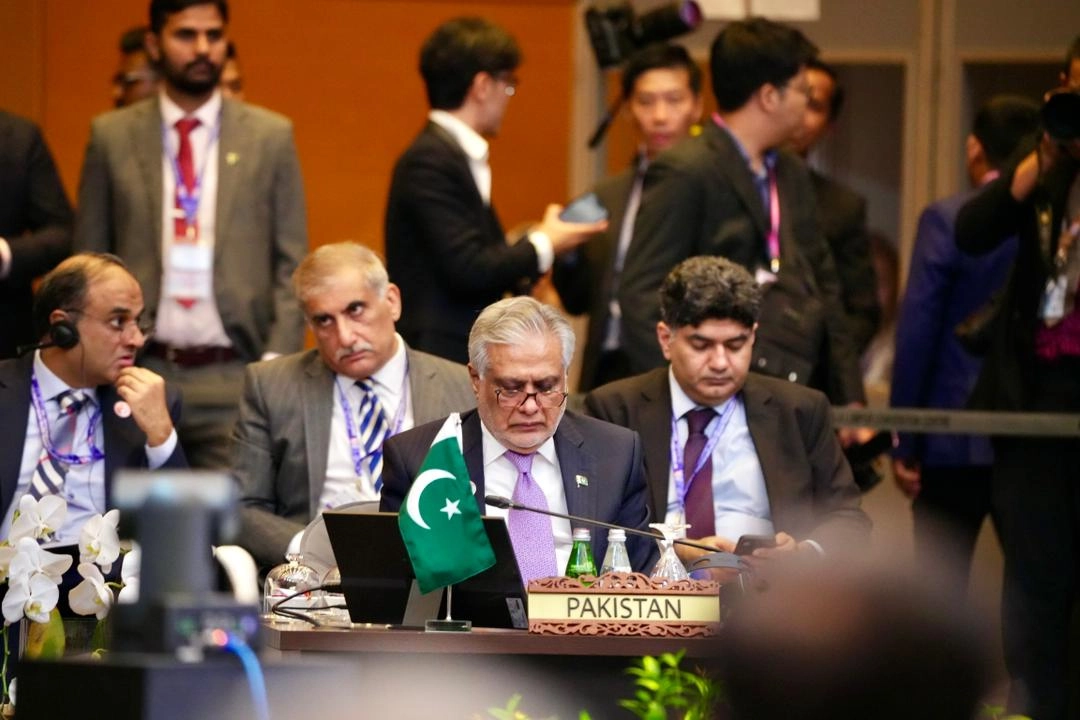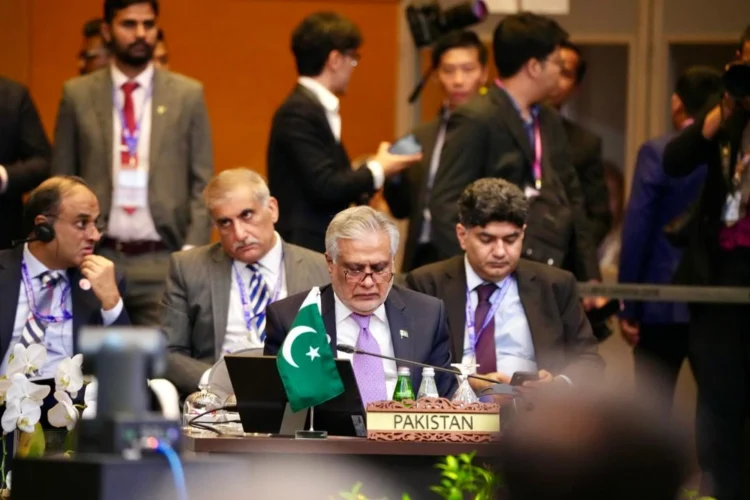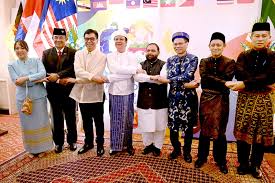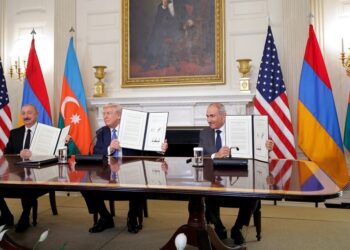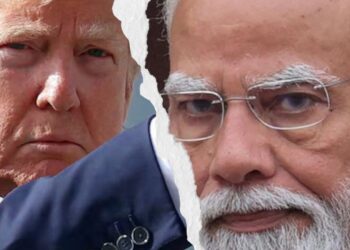Kuala Lumpur: Pakistan’s Deputy Prime Minister and Foreign Minister addressed the 32nd ASEAN Regional Forum (ARF) in Kuala Lumpur, emphasizing the country’s commitment to multilateral cooperation, regional peace, and dialogue amid rising global and regional tensions.
In a wide-ranging statement, the minister reaffirmed Pakistan’s support for ASEAN’s central role in fostering a stable Asia-Pacific, called for a peaceful resolution of the Jammu and Kashmir dispute, and voiced concern over India’s recent actions including alleged cross-border aggression and unilateral suspension of the Indus Waters Treaty.
Commending Malaysia for its leadership in hosting the ARF and the 46th ASEAN Summit, the Pakistani representative welcomed ASEAN’s post-2025 Plan of Action, urging that it focus on non-traditional security threats such as climate change, pandemics, cyber risks, and maritime security. He stressed the importance of preventive diplomacy, respect for international law, and measurable outcomes for sustainable peace.
The minister drew attention to the security challenges in South Asia, citing the unresolved Jammu and Kashmir dispute as a core issue. He condemned India’s accusations against Pakistan over the Pahalgam incident and criticized New Delhi’s subsequent military actions on May 7 as unprovoked and harmful to civilians. Pakistan, he stated, exercised its right to self-defence with measured military responses that targeted only military assets.
Pakistan also voiced concern over India’s unilateral suspension of the Indus Waters Treaty, warning of its implications for millions dependent on the Indus Basin and the erosion of international legal norms. The minister reaffirmed Pakistan’s adherence to the bilateral ceasefire and welcomed international efforts to facilitate a peaceful resolution of Kashmir.
Addressing counterterrorism, he outlined Pakistan’s comprehensive approach, highlighting sacrifices of over 80,000 lives and economic costs exceeding $150 billion. He criticized the misuse of counterterrorism narratives to marginalize Muslim communities and spotlighted Pakistan’s submission of evidence of cross-border terrorism to the UN Security Council.
On Afghanistan, the Deputy Prime Minister noted recent diplomatic engagements and stressed Pakistan’s expectation that Afghan soil not be used for cross-border terrorism. He also welcomed the recent Iran-Israel ceasefire, supporting Iran’s right to self-defence and advocating for diplomacy on the nuclear issue.
Reaffirming Pakistan’s longstanding support for the Palestinian cause, he condemned the ongoing Israeli military actions and called for immediate international intervention to halt aggression and allow humanitarian access.
In relation to the South China Sea, Pakistan reiterated its backing for peaceful dispute resolution and affirmed the One China Policy. He further called for dialogue to resolve the conflict in Ukraine and urged climate justice from developed nations, underlining Pakistan’s climate vulnerabilities and its proactive national measures.
Concluding his address, the Deputy Prime Minister underlined Pakistan’s readiness to contribute to ARF’s goals and called for a collective commitment to a peaceful, inclusive, and cooperative Asia-Pacific region based on mutual respect and sovereign equality.
